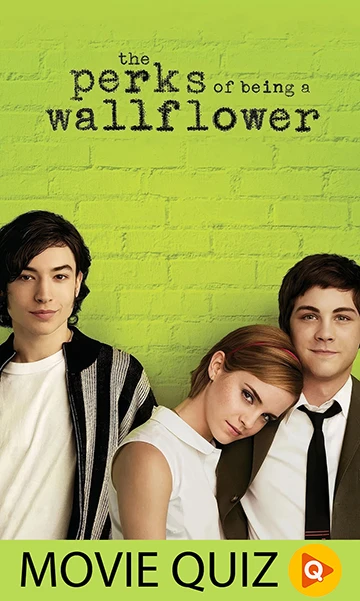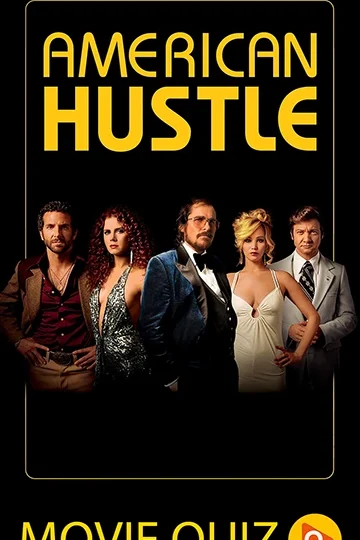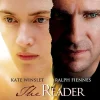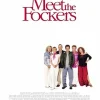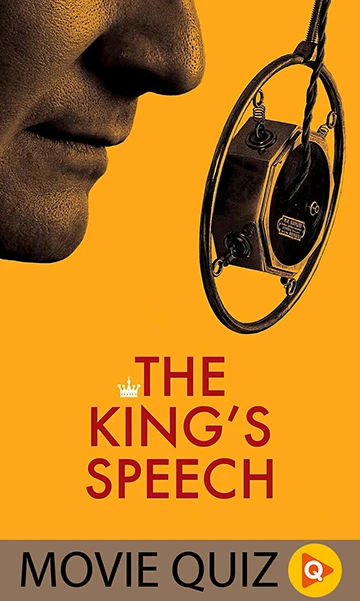
Step into the inspiring and historic world of The King’s Speech (2010), the Academy Award-winning drama directed by Tom Hooper. Starring Colin Firth and Geoffrey Rush, this moving film tells the true story of King George VI and his struggle to overcome a debilitating speech impediment with the help of an unorthodox speech therapist.
Think you remember every royal moment, powerful speech, and heartwarming breakthrough? Test your knowledge with our 10-question trivia challenge and see if you can reign supreme. Only true fans of this Oscar-winning masterpiece will get a perfect score!
The King’s Speech (2010) Trivia Questions & Answers
- Who directed The King’s Speech (2010)?
Correct Answer: Tom Hooper
Tom Hooper directed The King’s Speech, earning widespread critical acclaim for his sensitive and powerful portrayal of King George VI’s struggle with a speech impediment. Hooper’s direction won him the Academy Award for Best Director, and the film went on to win four Oscars, including Best Picture.
- Who plays King George VI in the film?
Correct Answer: Colin Firth
Colin Firth stars as King George VI, delivering a career-defining and deeply human performance. Firth’s portrayal captures the king’s vulnerability, frustration, and determination, earning him the Academy Award for Best Actor.
- What is King George VI’s nickname in the film?
Correct Answer: Bertie
“Bertie” is the affectionate nickname used by King George VI’s family and close friends. His full name was Albert Frederick Arthur George, and he was known as Prince Albert, Duke of York, before ascending the throne. The use of “Bertie” highlights the personal and intimate nature of the story.
- What speech impediment does King George VI struggle with?
Correct Answer: Stammer
King George VI struggles with a stammer, a condition that severely affects his ability to speak publicly. This impediment causes him great anxiety, particularly as he is expected to deliver speeches as a public figure and later as king during a time of national crisis.
- Who is hired to help King George VI with his speech?
Correct Answer: Lionel Logue
Lionel Logue, played by Geoffrey Rush, is the unorthodox Australian speech therapist who helps Bertie confront and manage his stammer. Their evolving relationship is central to the film’s emotional depth, showcasing the importance of trust, friendship, and support.
- What is Lionel Logue’s profession?
Correct Answer: Speech therapist
Lionel Logue is a self-taught speech therapist with unconventional methods. Despite lacking formal qualifications, Logue’s compassionate and innovative approach proves instrumental in helping King George VI gain confidence and improve his public speaking.
- What is the relationship between King George VI and Edward VIII?
Correct Answer: Brothers
King George VI (Bertie) and Edward VIII are brothers. Edward VIII, portrayed in the film by Guy Pearce, abdicates the throne to marry Wallis Simpson, an American divorcée, which leads to Bertie’s unexpected ascension as king.
- Why does King George VI become king?
Correct Answer: His brother abdicates
Bertie becomes king after the abdication of his older brother, King Edward VIII, in 1936. Edward’s abdication creates a constitutional crisis and forces Bertie, who never intended or wanted to be king, to take the throne as George VI.
- What major event does King George VI prepare to speak about at the end of the film?
Correct Answer: Britain’s declaration of war on Germany
The climax of the film centers around King George VI delivering a critical radio broadcast announcing Britain’s declaration of war on Germany at the outset of World War II. This speech marks a pivotal moment in history and a personal triumph for the king, who overcomes his stammer to address and unite the nation.
- What is the main theme of The King’s Speech?
Correct Answer: Overcoming personal obstacles and leadership
At its core, The King’s Speech is about facing personal challenges and finding the strength to lead. The film explores themes of vulnerability, resilience, and the power of friendship. It shows that true leadership comes not from perfection, but from the courage to face one’s fears and rise to the occasion.
